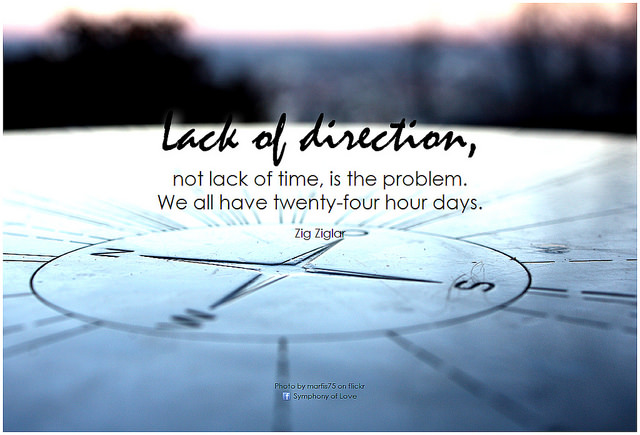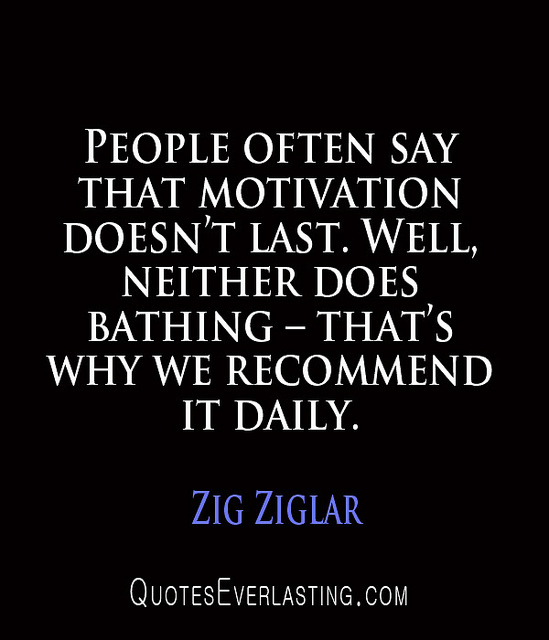- Home
- Goal Areas
- Body Goals
- Ideal Weight Loss Goal
Find Your Ideal weight loss goal And Make a Fresh Start Today!
What's your ideal weight? Ready to choose a goal that works for you?
What is your ideal weight loss goal? What is a healthy and realistic weight to shoot for and how long should you give yourself to achieve this?
You can use a goal setting approach to bring out those qualities that'll help you move forward and persist in the key weight-loss moments.
 What direction are we going in today?
What direction are we going in today?The gradual approach to weight loss
One way to reach your ideal weight loss goal or ideal body fat % goal is to lose a little each week, each month.
Experts suggest this is the most lasting way to create change as it's more permanent. It's achieved with small manageable adjustments in your everyday habits. The effort to sustain those small changes when your resistance comes can be supported by your goal.
I don't mean to make it sound simple! Even making 1 or 2 small changes to what you do daily can be very difficult!
You may also want to look more into how you can change certain unhelpful habits that may be holding you back.
A combination of 1 less unsupportive habit, and 1 more supportive action started in a sustainable way and continued may actually be even more difficult than a one-off and more extreme change.
 Have we created some motivation today? Will we tomorrow?
Have we created some motivation today? Will we tomorrow?Decide your target weight
- What is your current weight?
- What weight do you want to be?
- How far have you got to go?
- When would you like to get there by?
Writing down answers to these questions can make the goal and your chances start to feel real.
If it's overwhelming, you may need to break the goal down
When a goal is overwhelming it's often because it's complex. What's complex for one person may not be complex for another. There can be many factors supporting and resisting weight loss. This is where breaking a goal down into smaller goals and planning can help.
You want to reach __ kg in the next 5 years. What comes first with that?
You want to lose __ kg this year? What's your first mini goal?
Your history can help frame your goal
Do you know what your approximate weight was 1 year ago, 2 years ago, 3 years ago etc? Can you create a non-judgmental timeline to draw upon?
Raising awareness around your weight history can be useful in creating forward momentum.
When I'm coaching clients I ask questions such as these for good reasons. When details like these are present in awareness, the size of the task ahead comes into focus and a sense of empowering realism creates a willingness to enter the long and concrete path of genuine change.
Also a growing awareness of the past ten years can embolden and give hope about what can be achieved in the next ten years. Historical data is a perfect ingredient for goal setting and action planning.
The alternative is often a goal that isn't grounded in reality which can lead to disappointment and stagnation.
What's your current ability? Can you fill in any temporary gaps with support?
One of the things that made goal setting work better in various research studies was ability at a given task. That means when ability was high already goal setting worked well in increasing performance. When ability was low it didn't work as well.
So, you'd be wise to make your decision about your goal based on your ability as it currently stands (it can increase and decrease). This may be being more realistic...
It may mean, for a while, getting the support of experts. You can borrow from the ability, experience, and expertise of others to fill that gap. By doing so, you're own ability and learning will increase.
The purpose of you setting a goal is to create commitment. This is something you can feel working.
Why is weight loss important to you?
There are no doubt 100's of reasons this may matter to various people.
There may even be hundreds of reasons this matters to you!
Thinking about, writing about, exploring and developing your sense of why is a useful exercise in motivation. Here are a few questions to start this process...
- What will be different when you've reached your goal? What do you most like out of these differences?
- What becomes easier?
- What might happen next?
- Why is this important to you?
- What's the ripple effect of this?
- What benefits most excite you?
You might consider writing down answers to these questions exploring each for a few minutes. When you dry up, ask yourself, "is there anything else?". "What else?". A picture will start to develop.
What's your plan of action?
Once you have the eventual goal, you've had a guess at when, you've been careful to be somewhat realistic, you've explored why it matters to you, it's time to start action planning. What's the method or plan. What will you try? What are some things you'll start trying? What are some steps and when will you take them?
You're coming up with a how... a way of going at your goal. This is time to consider how you'll support yourself with different resources, places, and people... or how you'll minimise certain obstacles or constraints.
Writing down your goals on a worksheet
You can use one of these goal setting worksheets to make writing your weight loss goal easier. They will help you consider various things that are relevant to your progress.
- Home
- Goal Areas
- Body Goals
- Ideal Weight Loss Goal
Who I'm Affiliated With
I'm proud to be part of professional networks that value evidence-based practice, inclusion, and social impact.

Many thanks to the kind people who let me use their photos
Zig Ziglar by QuotesEverlasting. Attribution 2.0 Generic.










